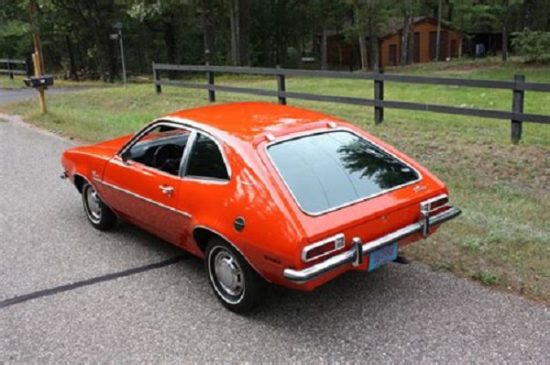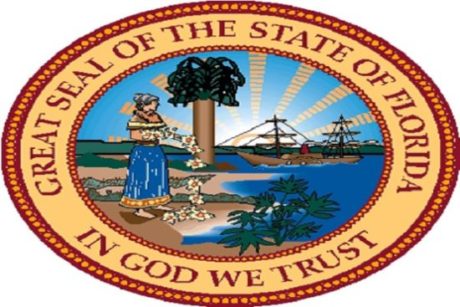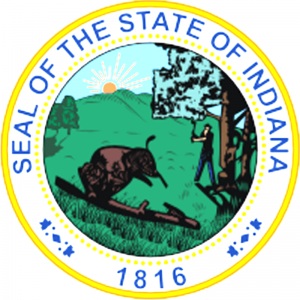Subtotal: $75.00
- Course No E – 1428
- PDH Units 2.00
No data found for Custom Course Number
No data found for Custom Course Units
- Course No E – 1428
- PDH Units 2.00
Intended Audience: engineers concerned with ethical decision-making in making design trade-offs involving the safety of the public.
PDH UNITS: 2
The Ford Pinto case is today considered a classic example of corporate wrong-doing and is a mainstay of courses in engineering ethics, business ethics, philosophy, and the sociology of white-collar crime. The conventional account of the case holds that Ford engineers made a serious design error in locating the fuel tank behind the rear axle, leaving the Pinto vulnerable to disastrous fires in rear-end collisions. As crash-test and field data began to accumulate and reveal the danger, management made a deliberate decision not to modify the design, because doing so would harm corporate profits. Ford’s decision was based on a cost-benefit analysis which balanced human lives against corporate profits. In this course, the factual basis of the conventional account is examined and misconceptions held by the public are identified. Questions about the placement and design of the fuel tank are addressed. Data available in public records but rarely discussed by Pinto critics are presented showing that Pinto accident-fatality rates were slightly better than the average for automobiles of comparable size. The discussion is then rounded out by comments on various other criticisms that have been leveled at the Pinto, and an alternative account of the Pinto case is formulated which differs significantly from the conventional account. This course is based on the document, “Ethics: An Alternative Account of the Ford Pinto Case,” written by Mark P. Rossow, September, 2015.
Learning Objectives
At the successful conclusion of this course, you’ll be able to identify and discuss:- Role of the National Highway Traffic Safety Administration in automobile design;
- Historical and legal development of crashworthiness as a requirement for engineering design;
- Complexity of design considerations in locating the fuel tank;
- Risk defined as probability and severity of harm;
- Safety defined as acceptable risk;
- Necessity of trade-offs between cost and risk;
- Comparative fatality rates for subcompacts of the Pinto era; and
- Need for and use of cost-benefit analysis.
Course Reviews
4
- 5 stars0
- 4 stars1
- 3 stars0
- 2 stars0
- 1 stars0
Once completed, your order and certificate of completion will be available in your profile when you’re logged in to the site.


 E - 1125 Centrifugal and Positive Displacement Pump Basics
E - 1125 Centrifugal and Positive Displacement Pump Basics 








Nice detailed review of a well-known vehicle. Seeing data from that era, as well as an explanation of the Auto culture at the time, gives a fuller account of the Pinto.